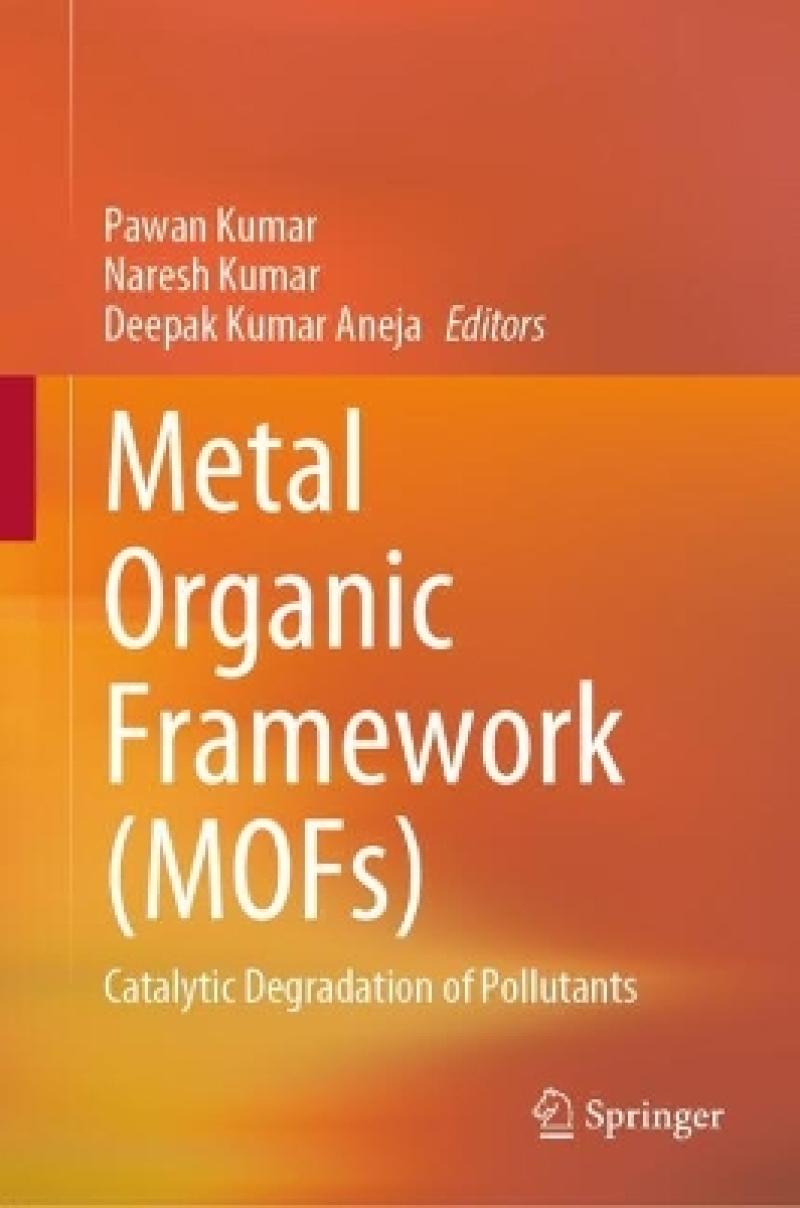Produktdetaljer
Biographical note
Dr. Pawan Kumar obtained his Ph.D. (Engineering) from the Academy of Scientific and Innovative Research-Central Scientific Instruments Organization (AcSIR-CSIO), Chandigarh (India). He was a post-doctoral fellow at Hanyang University Seoul from 2014 to 2016 and then joined as a young scientist (SERB-DST) at the Department of Chemical Engineering, Indian Institute of Technology (IIT), New Delhi, India. Currently, he is working as an Assistant Professor at the Dept. of Nano Sciences and Materials, Central University Jammu. His research interests are in the areas of Materials Science, Metal Organic Framework, and Biosensing.
Dr. Naresh Kumar obtained his Ph.D. (Engineering) from the Panjab University Chandigarh, India. He has worked as Lecturer at NIT Hamirpur & NIT Kurukshetra. Currently, he is working as Professor of Electronics and Communication Engineering at UIET, Panjab University, Chandigarh. His research interests are in the areas of Wireless Communication, MIMO, Image Processing, OFDM, and Underwater Acoustic Communications, & Nano-materials.
Dr. Deepak Kumar obtained Ph.D. (Science) from the Kurukshetra University, Kurukshetra (India). Presently, he is working as an assistant professor at the Department of Chemistry, Chaudhary Bansi Lal University, Bhiwani, Haryana. His research interests are in the areas of Organic and Medicinal Chemistry.
